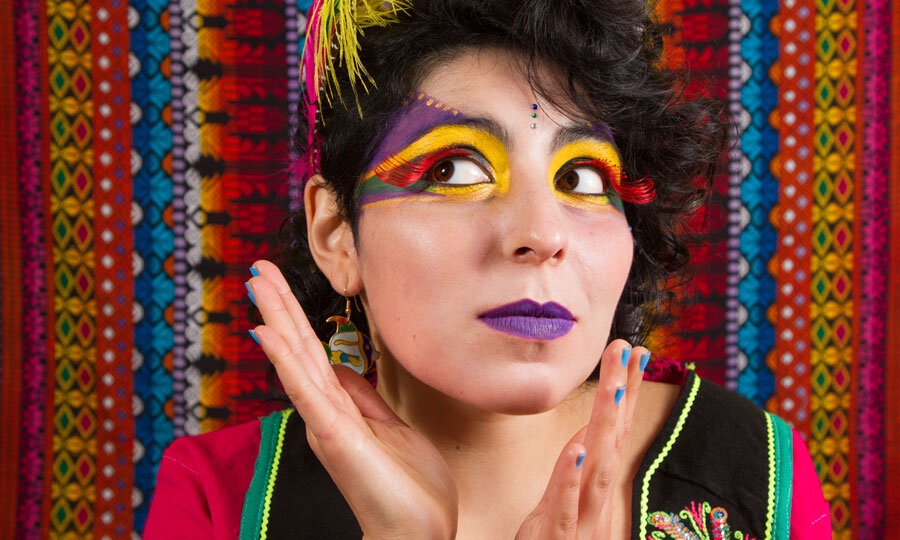
View Anytime – Sofía Viola: Music Is Medicine
Join us for a performance and discussion with Sofía Viola, an artist based in Argentina whose Cedar debut was cancelled due to the pandemic. This program takes us directly into Sofía’s home in Buenos Aires for an intimate acoustic set that highlights the strength of her voice and the brilliance and honesty of her songwriting. Songs are spliced with commentary on her own musical journey, music’s connection to the healing plants and ancestors, and the role of spirituality in the modern world, based on interview questions prepared by Vladimir Garrido from local Andean musical group, Alma Andina.
Themes
- Sofía Viola grew up in a family that played and/or loved music. Her father played trumpet and her brother played piano. While she continued with music, she decided her main instrument would be her voice. How do you think she found her own path, rather than following the same path as her family members?
- When asked about George Floyd, she says that his murder reminded her that “racism doesn’t have an end, and racism doesn’t have a fatherland.” Do you agree? Why or why not?
Always available
Pre-recorded
In partnership with
Cedar Cultural Center

View Anytime – Sofía Viola: Music Is Medicine
Always available
Pre-recorded
In partnership with
Cedar Cultural Center
Join us for a performance and discussion with Sofía Viola, an artist based in Argentina whose Cedar debut was cancelled due to the pandemic. This program takes us directly into Sofía’s home in Buenos Aires for an intimate acoustic set that highlights the strength of her voice and the brilliance and honesty of her songwriting. Songs are spliced with commentary on her own musical journey, music’s connection to the healing plants and ancestors, and the role of spirituality in the modern world, based on interview questions prepared by Vladimir Garrido from local Andean musical group, Alma Andina.
Themes
- Sofía Viola grew up in a family that played and/or loved music. Her father played trumpet and her brother played piano. While she continued with music, she decided her main instrument would be her voice. How do you think she found her own path, rather than following the same path as her family members?
- When asked about George Floyd, she says that his murder reminded her that “racism doesn’t have an end, and racism doesn’t have a fatherland.” Do you agree? Why or why not?


